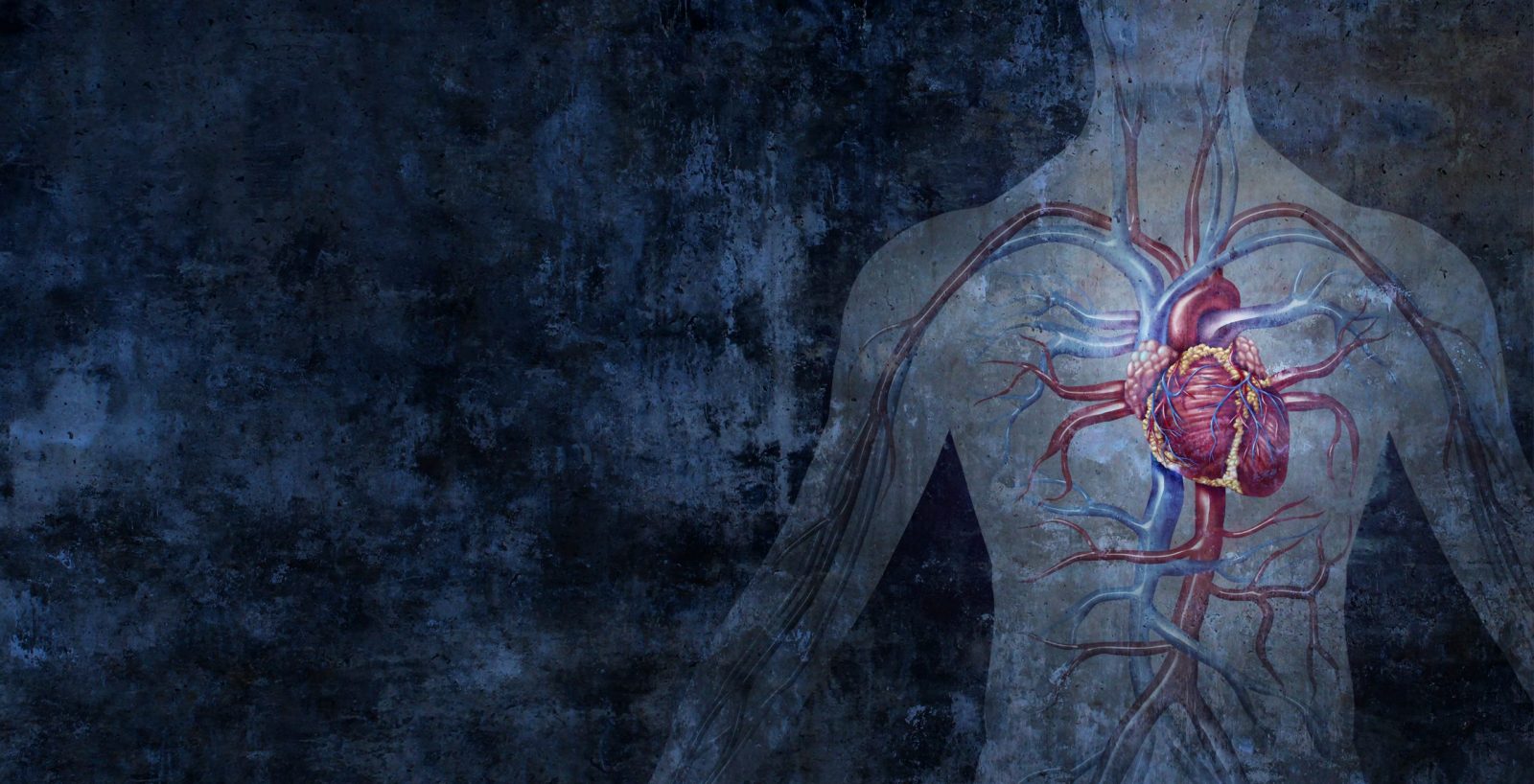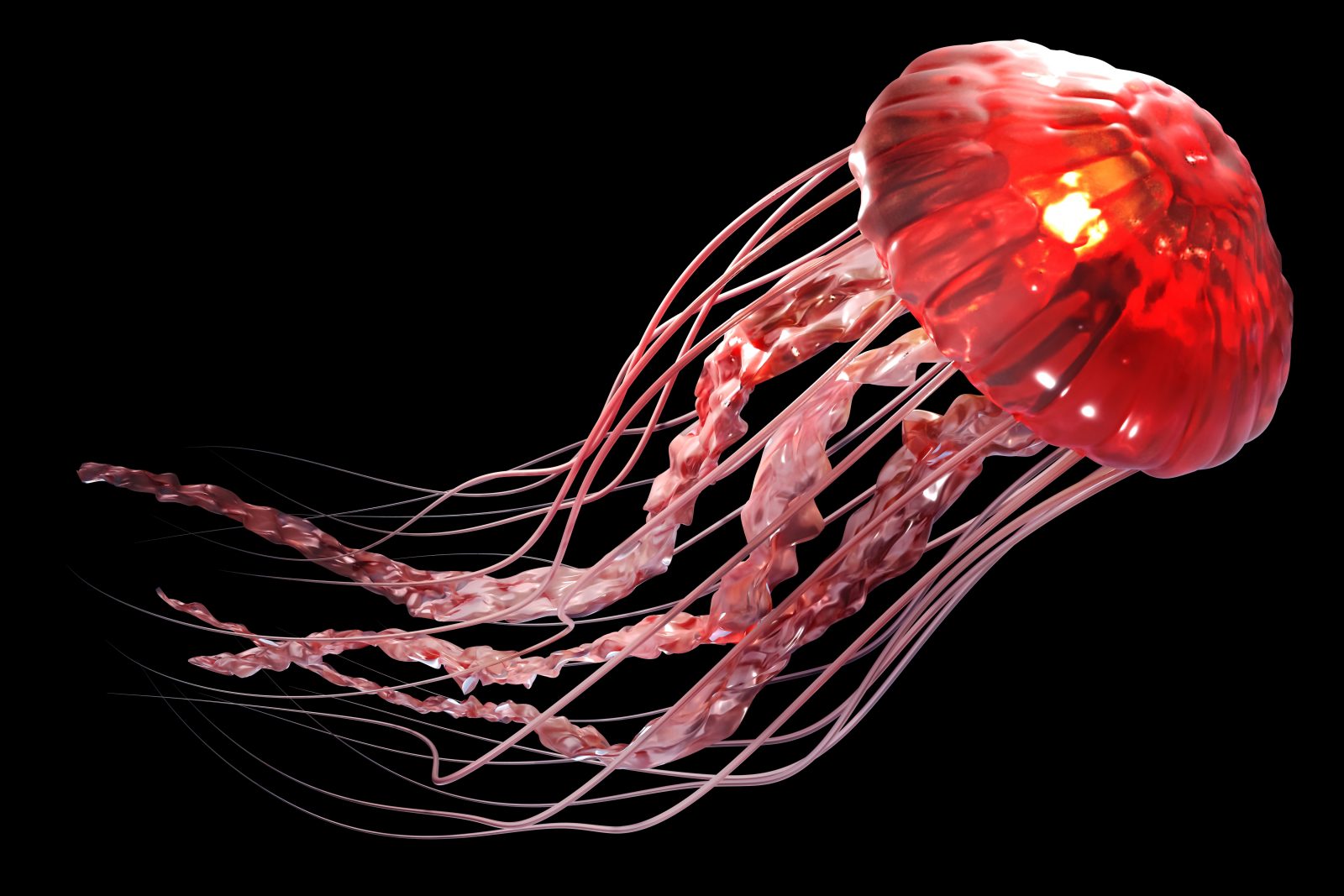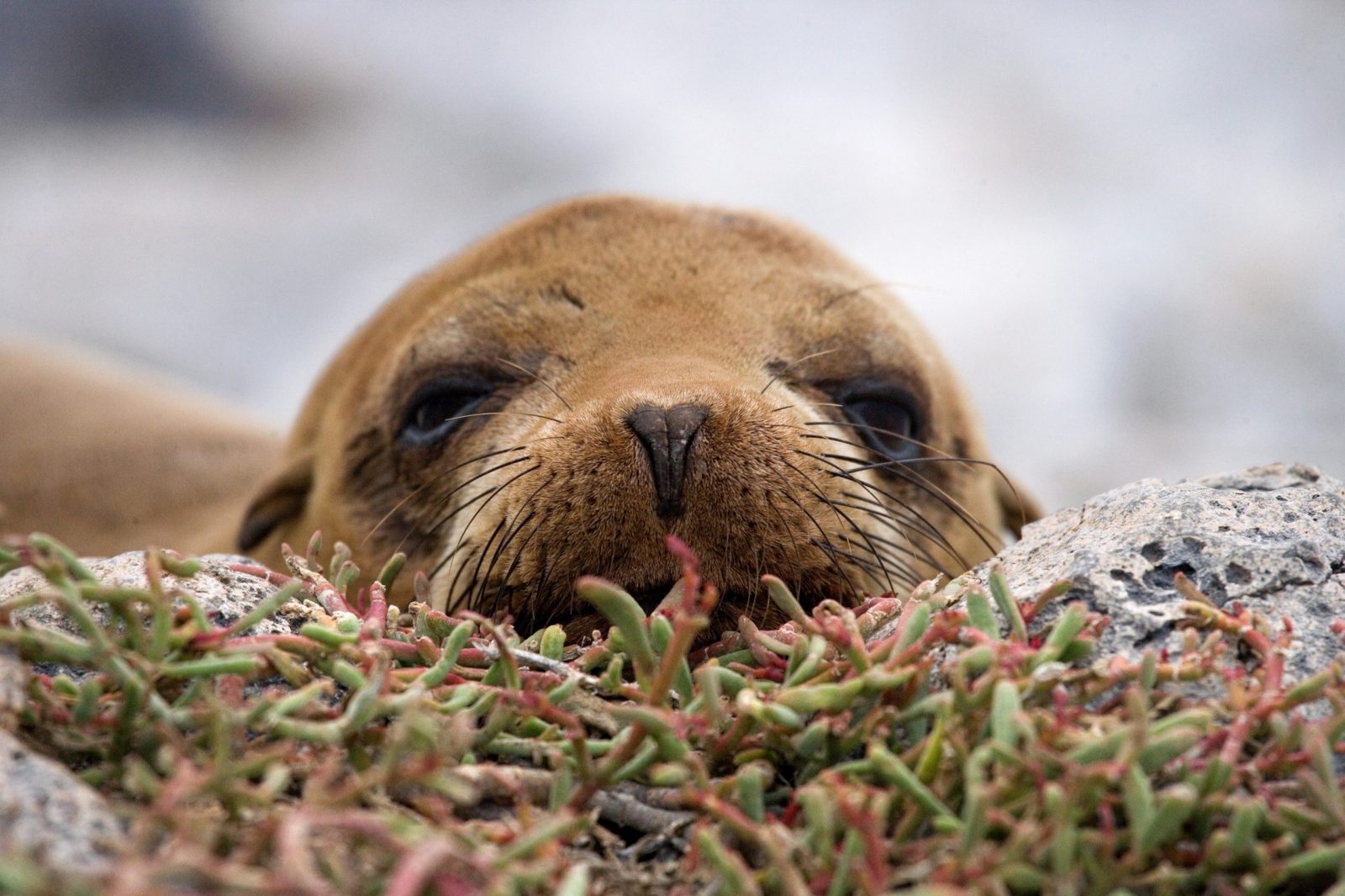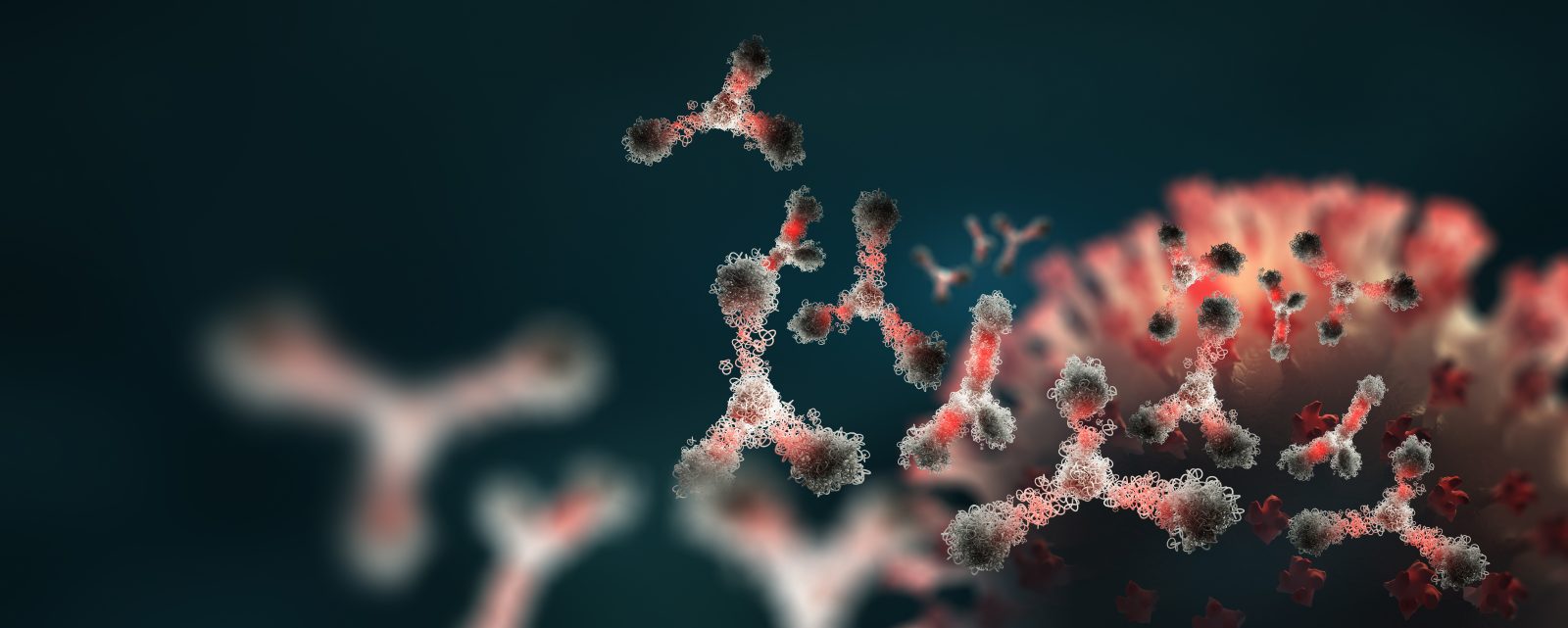
James Tour and Brian Miller Talk Engines We Can’t Live Without
Today’s ID the Future features Part 1 of an extended interview that first appeared on a podcast show hosted by distinguished Rice University synthetic organic chemist James M. Tour. As he typically does, since it’s the Science & Faith podcast, Dr. Tour begins his show by asking his guest for a statement of faith. Miller, a Christian, gives his, and then they dive into origin-of-life science. In a surprisingly accessible discussion given the depth of the material, the pair cover a range of issues—thermodynamics and the origin of the first cell, entropy, free energy, order and disorder, molecular engines, non-equilibrium thermodynamics, and the need for engines and information to overcome the vicissitudes of entropy. Also in the mix—feedback loops, Jeremy Read More ›







